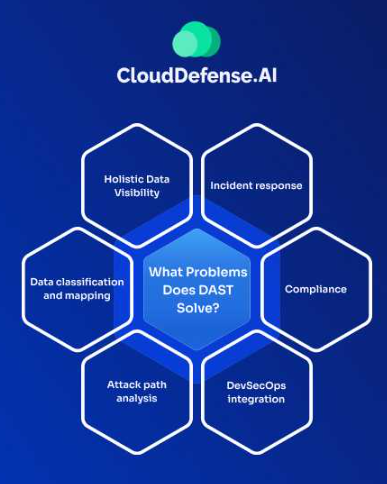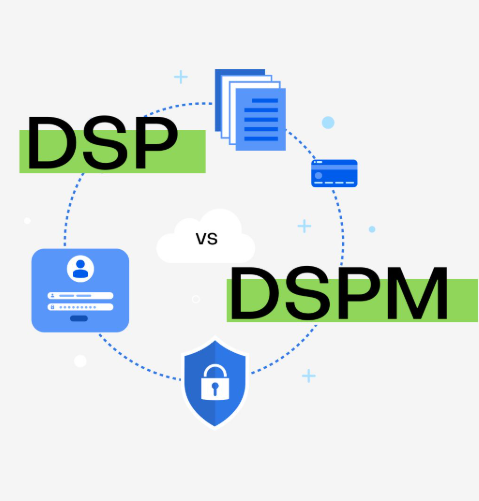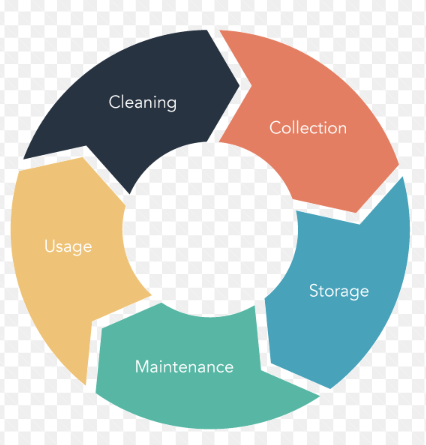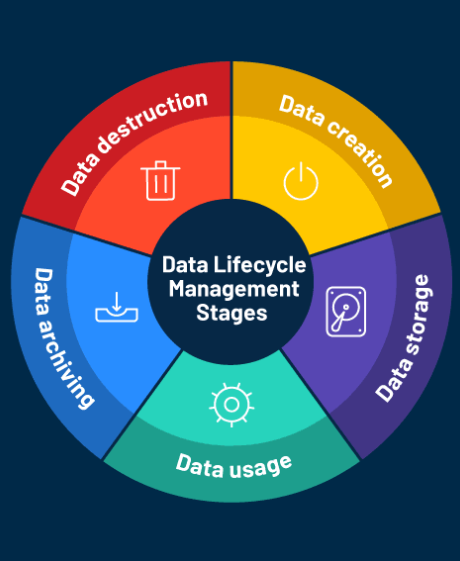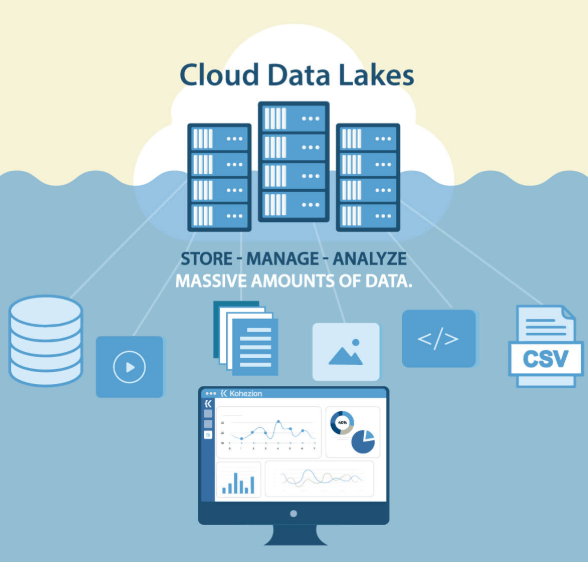
Data is a valuable asset for any business, but not all data is created equally. Unstructured data—such as emails, videos, audio files, documents, and social media posts—can be a significant challenge for organizations. Unlike structured data, which is neatly organized in databases, unstructured data is harder to manage and utilize effectively. So, what should you do with all your old and unstructured data? And why is it important to address this challenge? Let’s explore the importance of managing unstructured data and how it can help drive business success.
Understand What Data You Have for Smarter Decisions
The first step in managing your data is understanding what you have. Over time, businesses often accumulate vast amounts of data, but much of it remains unorganized and difficult to access. Without properly classifying data, it becomes challenging to assess its value, relevance, or potential risks.
By organizing and evaluating your unstructured data, you can make more informed, strategic decisions. Whether you’re preparing for regulatory compliance, analyzing past trends, or improving operational efficiency, knowing the exact data you possess will guide your next steps. Classifying and organizing your data provides clarity and enables better decision-making.
AI Governance: Clean Data Equals Better Results
A significant reason to manage your unstructured data is to enhance AI governance. AI systems rely on clean, high-quality data to generate meaningful insights. If your data is disorganized, outdated, or incomplete, AI models will struggle to produce accurate and actionable results.
Unstructured data can be challenging for AI models, but when properly cleaned, categorized, and organized, it can provide valuable insights. A structured approach to data management ensures that your AI models are fed with the best possible inputs, leading to improved outcomes. This can help your business stay competitive, adapt to market changes, and make smarter, data-driven decisions.
Boost Company Efficiency Through Data Organization
Efficient data management is more than just a time-saver—it’s about optimizing workflows to drive better results. Unorganized data scattered across various departments can hinder daily operations and slow down decision-making.
Investing in organizing your unstructured data can streamline processes, reduce bottlenecks, and make sure that employees have easy access to the right information when they need it. Centralized data management with automated policies improves collaboration, accelerates decision-making, and ultimately boosts productivity.
Optimizing Storage Costs: Don’t Let Data Drain Your Budget
Storing large volumes of unstructured data can become costly and inefficient over time. As data accumulates, so do storage costs. To optimize your storage budget, it’s important to categorize your data based on its importance and usage frequency.
By tiering storage, you can allocate high-performance storage for critical data while using lower-cost options for less important information. This strategy helps you get the most value out of your resources and reduces unnecessary storage expenses.
Stay Compliant and Mitigate Risks
Unstructured data can pose significant legal and regulatory risks, especially when it comes to data retention requirements. If your company is involved in a lawsuit, audit, or investigation, certain data may need to be retained for legal purposes.
Retaining irrelevant or outdated data could expose your business to unnecessary legal risks, while failing to preserve crucial data could lead to fines or loss of important evidence. Having a clear and structured data management strategy ensures compliance with legal obligations and protects your company from potential liabilities.
Reduce Your Cybersecurity Risks
In terms of cybersecurity, the more unstructured data you store, the more attractive a target you become for cybercriminals. Excessive data increases the chances of valuable information being stolen in the event of a breach.
By proactively managing your unstructured data, you can minimize your exposure to potential cyber threats. Reducing the amount of unnecessary data lowers the number of valuable assets available for hackers to target. For the data you must retain, ensure it’s stored securely with strong protection measures, and consider tiering less frequently accessed data into lower-cost, secure storage.
Time to Tackle Your Unstructured Data
Even businesses with comprehensive structured data solutions often struggle with unstructured data, which can make up a large portion of their total data. Addressing this challenge is no longer optional—it’s a strategic necessity.
Properly managing your unstructured data through categorization, cleaning, storage optimization, and security measures can lead to greater efficiency, improved security, cost savings, and regulatory compliance. By making smart decisions about what data to keep, delete, and how to store it, you can protect your business and drive its success in an increasingly data-driven world.







